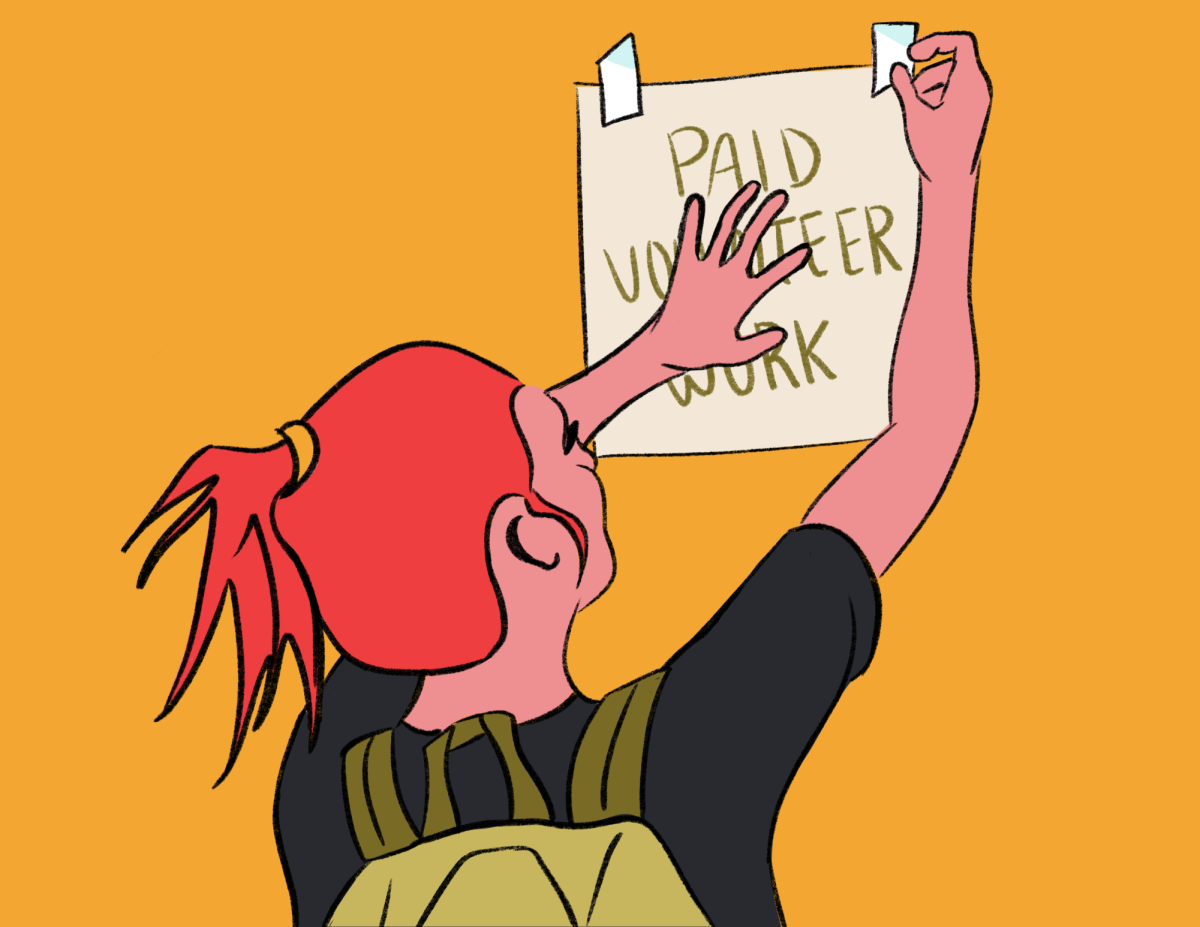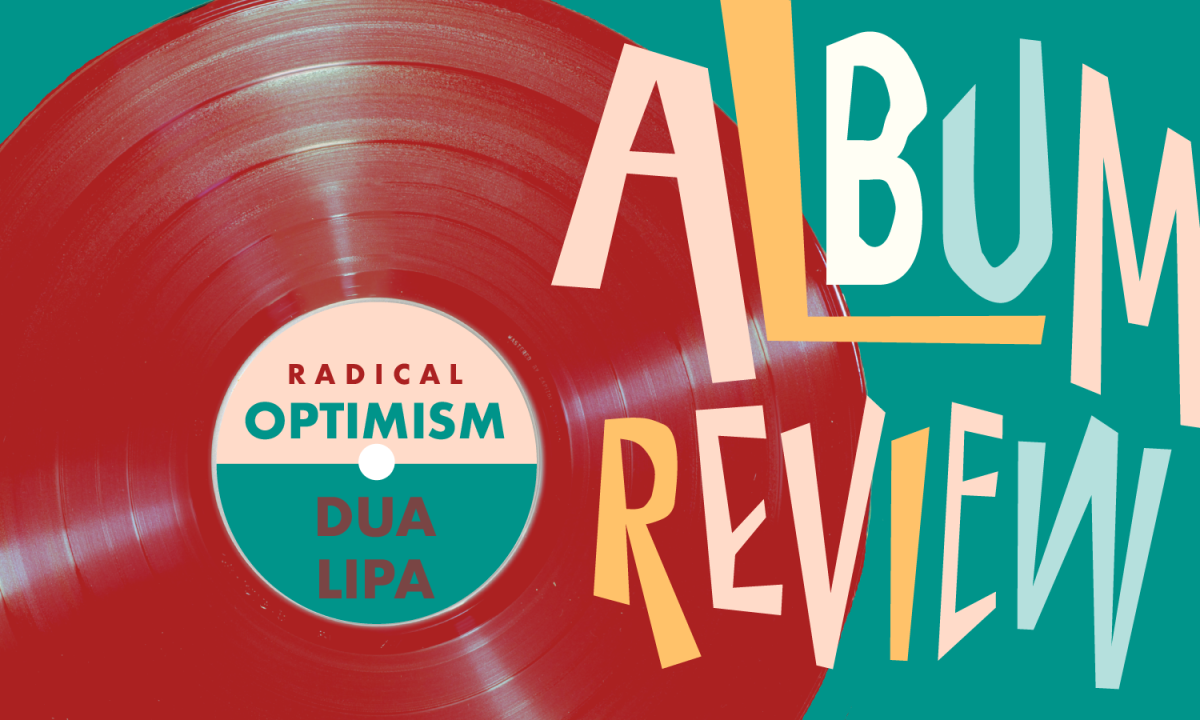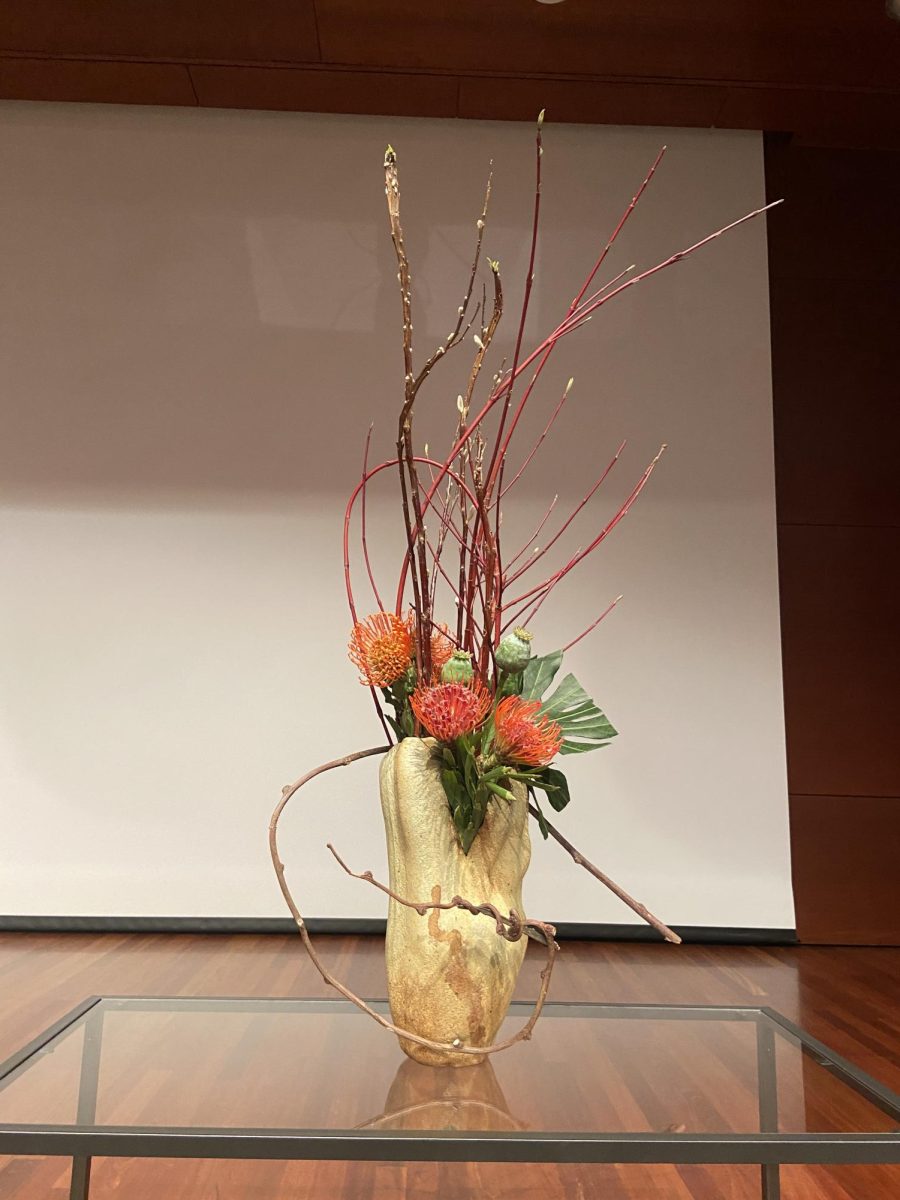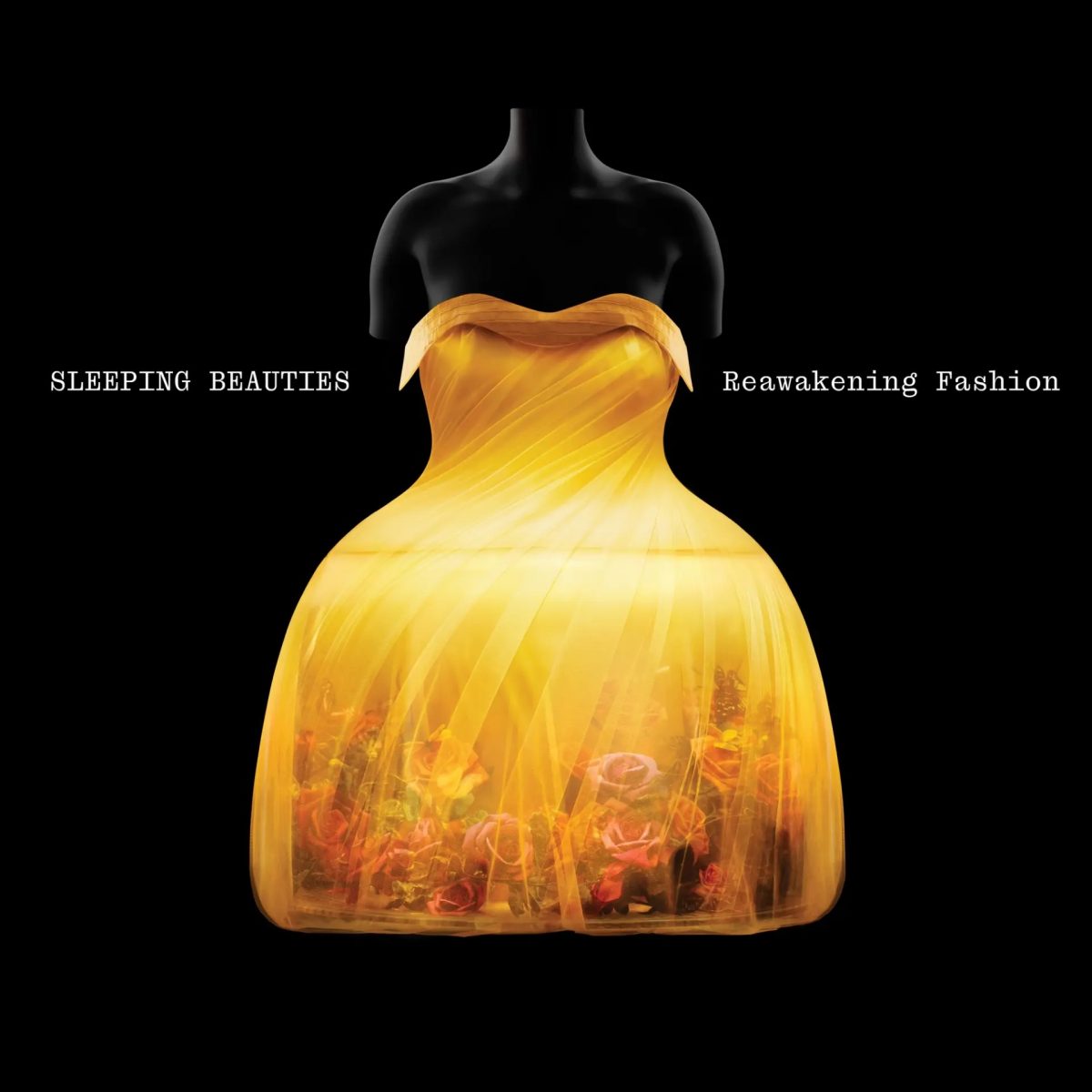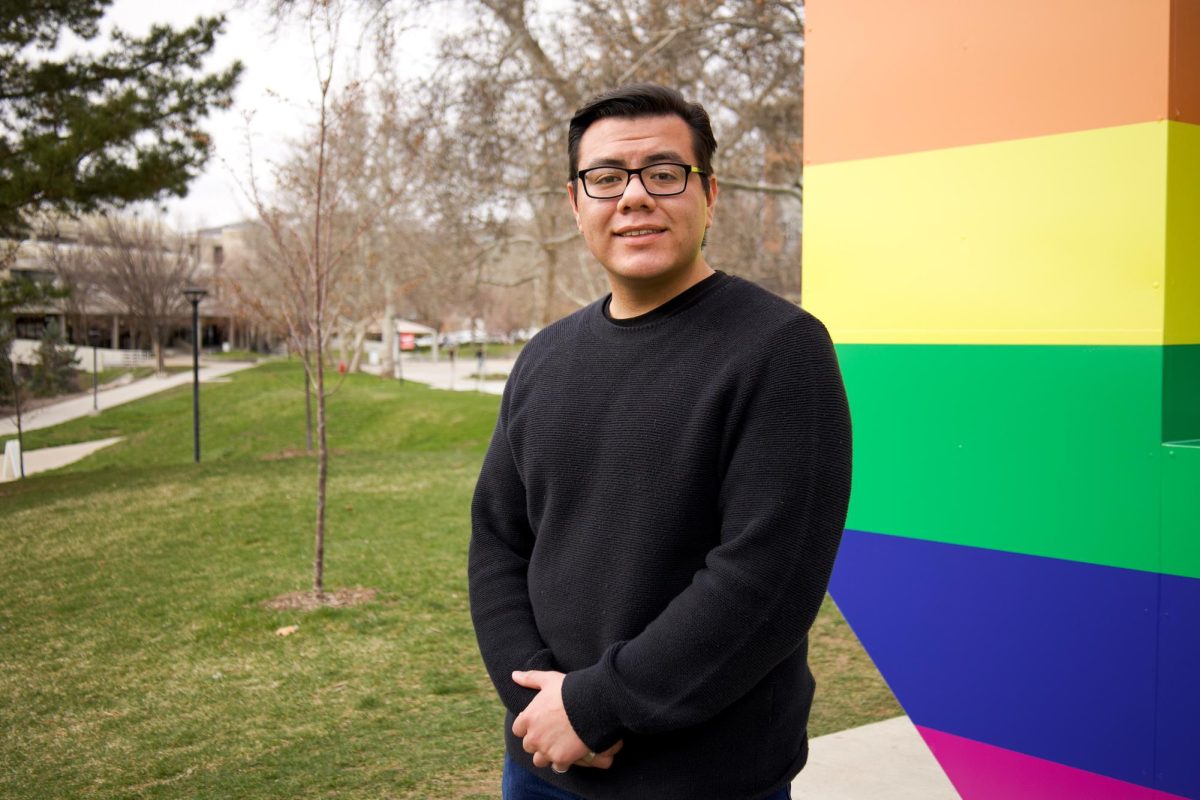Theatre is an evolving organism. It can shape the minds of individuals and turn the tides of public discourse. Therefore, new plays are essential to the developing idea of theatre and storytelling. Two new student plays, “Prohibited Herb” and “The Truth,” will be featured in the U’s New Play Reading Series tomorrow, Nov. 18, at 7:30 p.m. in Studio 115.
I sat down with Brad Davis, a senior in theatre and the author of “Prohibited Herb,” to talk about his play, which tells the story of a middle-aged couple dealing with major changes in their lives. Wendy has been diagnosed with cancer and so far has seen little improvement with the treatments she’s tried. Her husband, Cameron, has just been elected as a Congressman for Utah on a traditional Republican values platform. Wendy, who is desperate for relief, has turned to using marijuana to help her with pain.
BP: What inspired you to write this play?
BD: I’ve met medicinal users that are ailing from debilitating illnesses like MS, cancer or even HIV. I’ve seen how cannabis can help these conditions and even allow the patient an easier, happier life. Why keep relief from those who’re suffering most?
BP: Why write this play now? The content is certainly counter-culture to Utah.
BD: [Cannabis is] highly illegal. However, more and more states are passing laws that allow for its medicinal or recreational use. Twenty-three states have passed measures of some kind, and the list is growing. Each year new states add cannabis proposals to their ballots, allowing the people to decide.
BP: Do you think marijuana will ever be legalized here, as it just was in Oregon and Alaska?
BD: I believe that within five years cannabis will be legalized, and that now is the time to galvanize the uncertain.
“The Truth,” written by Tori Sicklick, a student in theatre, will be the second play at the reading. Sicklick’s story is about two gay college students, Adam and Nolan, who meet at a frat party. Though one of them is more comfortable about his sexuality than the other, they develop feelings for each other and in the process learn how to feel more secure with themselves and in their other relationships.
BP: Why do you think this play is relevant right now?
TS: Because it’s about acceptance of your own sexuality and other people’s sexuality and just who they are as people, so when I was writing this play I was thinking of that idea specifically. Especially about how I would feel personally if I was friends with someone who was gay and they told me and how I may not understand it specifically, but I would try to be understanding of them.
BP: Why do you think there is stigma on homosexuality in fraternities?
TS: I think there are assumptions that if you’re gay and in a fraternity, then you want to have sex with everyone inside of the frat. So one of the characters in the play has that idea, but I’ve tried to make it so it’s not completely a stereotypical situation and that they try to be more understanding. So they’re not just being closed-minded and stuck in their ways.
BP: Is this a coming-out story?
TS: No, it’s more a self-acceptance story. Because one of the characters is definitely out and gay and he’s comfortable with that, whereas another character is gay and sort-of out to a couple of people, but it’s more about him understanding what he needs to do to really be comfortable telling other people and saying, ‘This is who I am, and I want you to accept that.’
Admission to the reading is free to the public, and light refreshments will be served during the intermission. The student group also urges anyone to submit their work for readings that will happen in February and March. The deadline for those submissions is Jan. 30.
@ChronyArts






